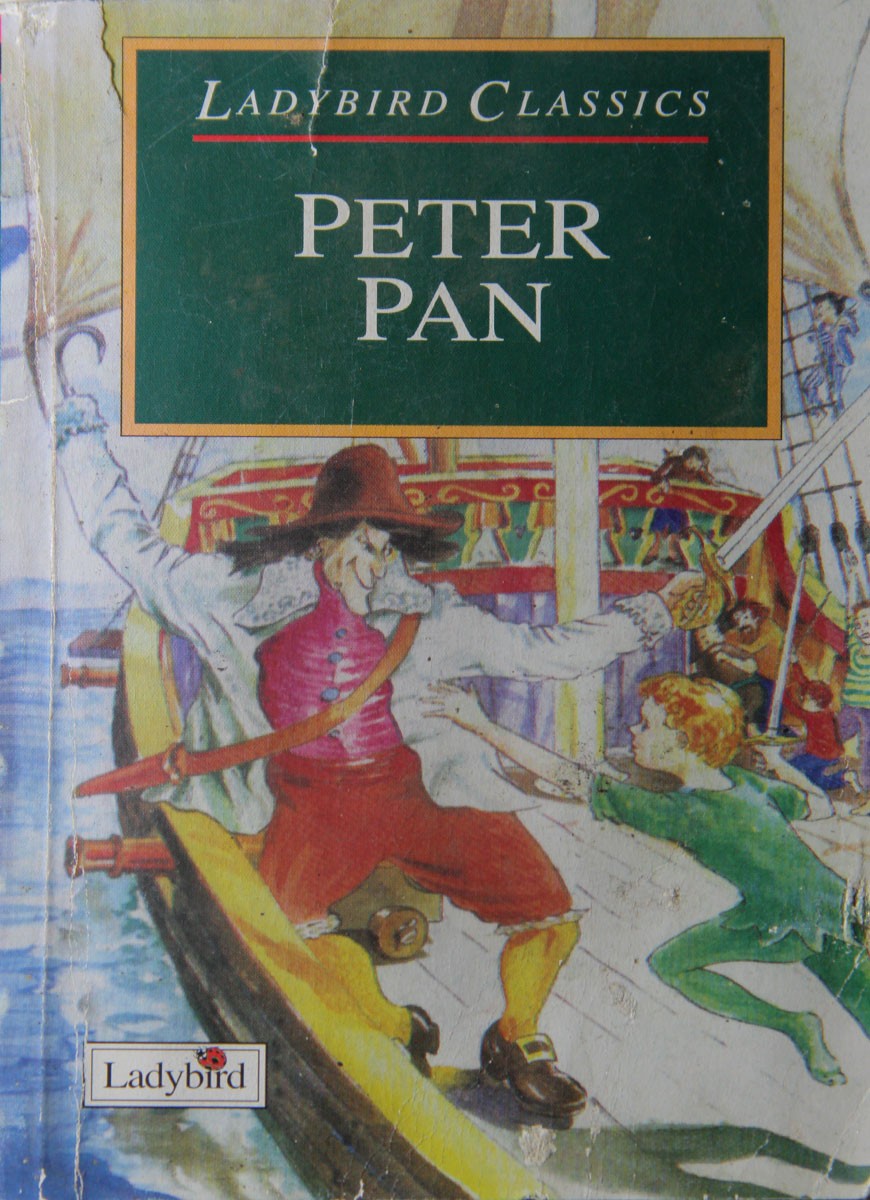

Peter said that the way to the Neverland was easy: -Second to the right, and straight on till morning!' But it seemed to take a very long time. At first it was fun. The children circled round church spires and raced each other among the clouds. But as they went on they grew tired and hungry. Peter stole food for them from the beaks birds, but it was not like a proper meal. At last they saw the Neverland below. It was just as they had imagined. They saw the lagoon, the Redskins' wigwams, and the Wild Beasts. As they flew down through the treetops, Peter told the children about the Pirates and their dreaded leader, Captain Hook. The children had all heard of him - he was the most bloodthirsty
Sir James Matthew Barrie, 1st Baronet, OM (9 May 1860 – 19 June 1937) was a Scottish novelist and playwright, best remembered today as the creator of Peter Pan. He was born and educated in Scotland and then moved to London, where he wrote a number of successful novels and plays. There he met the Llewelyn Davies boys, who inspired him to write about a baby boy who has magical adventures in Kensington Gardens (included in The Little White Bird), then to write Peter Pan, or The Boy Who Wouldn't Grow Up, a "fairy play" about an ageless boy and an ordinary girl named Wendy who have adventures in the fantasy setting of Neverland. Although he continued to write successfully, Peter Pan overshadowed his other work and is credited with popularising the name Wendy. Barrie unofficially adopted the Davies boys following the deaths of their parents. Barrie was made a baronet by George V on 14 June 1913, and a member of the Order of Merit in the 1922 New Year Honours. Before his death, he gave the rights to the Peter Pan works to Great Ormond Street Hospital for Children in London, which continues to benefit from them.
